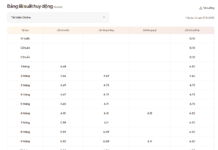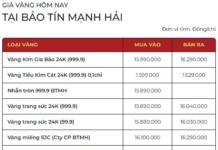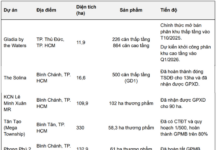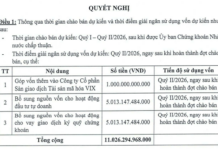Plastics Industry: Rapid Growth Amid Persistent Capital Constraints
As one of Vietnam’s top ten export sectors, the plastics industry continues to demonstrate remarkable resilience. In the first nine months of 2025, plastic product exports reached USD 5.495 billion, a 13% increase compared to the same period in 2024. Imports of primary plastic materials totaled 7.15 million tons, valued at USD 9.37 billion, reflecting a 17.6% rise in volume and a 7.5% increase in value. While production and orders are recovering, capital and cost challenges remain complex.
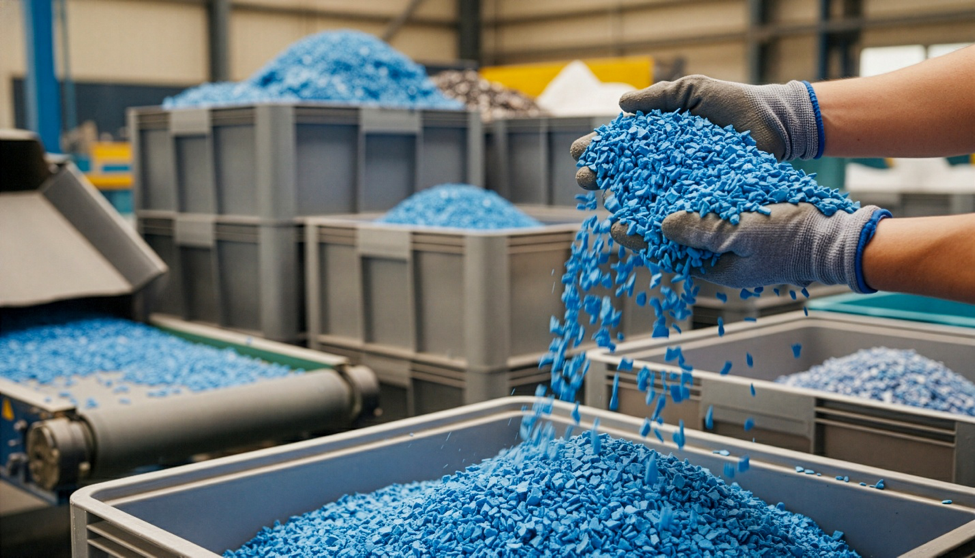
Impressive growth, yet Vietnam’s plastics industry faces significant challenges, particularly in capital access.
Currently, domestic raw materials meet only 30% of production needs, with the remaining 70% relying on imports. This dependence on international markets exposes businesses to volatile oil prices, exchange rates, and logistics costs. Fluctuations in these factors directly impact profit margins, sometimes reversing them within a single production cycle.
The most pressing challenge, however, is capital. The lengthy production cycle and slow payment terms of 30–60 days create cash flow bottlenecks across multiple stages—from raw material procurement to product delivery. Even businesses with stable orders can face temporary working capital shortages, missing opportunities for market expansion. Capital constraints have thus evolved from operational issues to strategic bottlenecks for many plastics companies.
Globally, the plastics industry is undergoing a mandatory transformation. The Extended Producer Responsibility (EPR) mechanism under the 2020 Environmental Protection Law, along with carbon emission standards, recycling rates, and traceability requirements from the EU, US, and Japan, are reshaping the entire production ecosystem. Businesses face a stark choice: invest in green technologies and circular materials or risk exclusion from global supply chains.
This green transition demands not only long-term vision and strategy but also access to medium- to long-term capital, stable cash flow, and professional financial management. These are significant gaps for many Vietnamese plastics companies—gaps where a sector-savvy bank like ACB can make a difference.
Unlocking Capital Flows
Understanding the industry’s production cycles, slow payment terms, and substantial capital needs, ACB has developed tailored financial solutions to ensure plastics businesses maintain financial stability and uninterrupted operations.

Leveraging industry insights, ACB offers specialized financial solutions for plastics businesses.
A key offering is the flexible working capital loan package, allowing businesses to borrow on a fully unsecured basis or with a minimum collateral requirement of 30%. The digitized approval and disbursement process ensures quick access to funds during sudden order surges or raw material price fluctuations.
For exporters, ACB provides pre-shipment financing, enabling capital access upon completion of shipping documents, preventing production disruptions during international payment delays. Additionally, ACB’s swift and transparent L/C issuance service offers up to 100% credit for export-import transactions, supported by rapid L/C advisory services to meet supplier deadlines.
As the plastics industry embraces green transformation, ACB finances counterpart funds for equipment upgrades, modern production lines, and factory expansions, helping businesses enhance productivity and meet international environmental standards. This funding not only addresses immediate financial needs but also serves as a strategic lever for long-term growth.
Driving Governance and Global Integration
Beyond credit solutions, ACB offers a specialized financial ecosystem to optimize business operations. For companies transacting in foreign currencies, ACB provides 48-hour exchange rate locks, waived or reduced international transfer fees, and secure electronic documentation with real-time payment tracking.
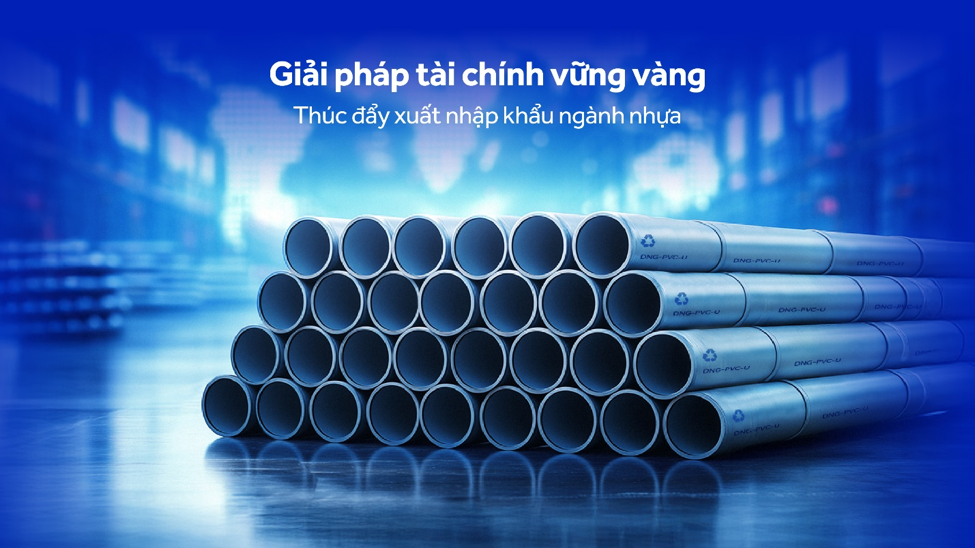
ACB’s specialized financial ecosystem helps businesses reduce costs and enhance operational efficiency.
Domestically, ACB introduces dynamic QR Code payments, enabling per-invoice transactions without manual amount entry. Business accounts are credited instantly, with real-time payment notifications for automated, accurate order reconciliation. All transactions are managed via ACB ONE BIZ, a digital platform that integrates transaction execution, approval, and tracking with internal accounting software for enhanced financial governance.
Plastics businesses using ACB’s solutions benefit from comprehensive financial incentives: competitive interest rates, preferential forex rates, reduced L/C issuance and international transfer fees, and waived account opening, management, and internal transfer fees. This combination of flexible credit, modern services, and cost savings empowers businesses to address capital challenges, improve financial management, and enhance competitiveness, paving the way for sustainable global integration.
To learn more about ACB’s financial solutions for the plastics industry, visit here or contact the nearest ACB branch/transaction office, or call the 24/7 Contact Center at 028 38 247 247.
From Sole Proprietorship to Enterprise: Seizing Long-Term Growth Opportunities
Millions of businesses are at a pivotal crossroads: transitioning to a corporate model to unlock tax benefits, scale operations, and access more favorable financing opportunities.
Vietnam Mobility Festival 2025: Test Drive Opportunities and Green Transition Experiences for Vietnam’s Youth
VMF 2025 transcends the traditional auto show, emerging as a powerful platform for green transformation. It bridges the macro concept of Net Zero 2050 with the everyday choices of young people, making sustainable mobility a tangible and relatable reality.






